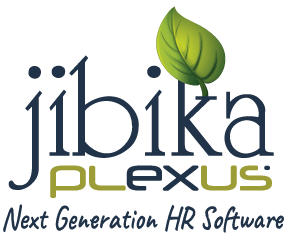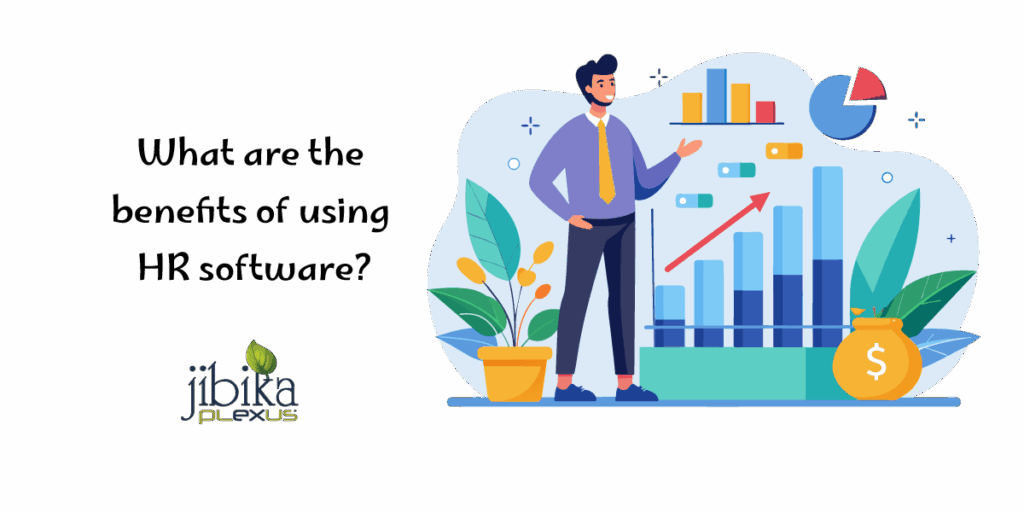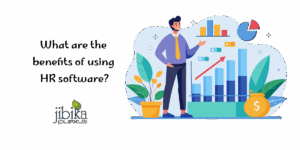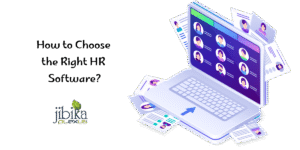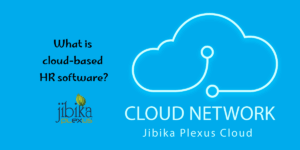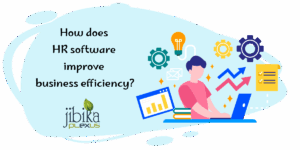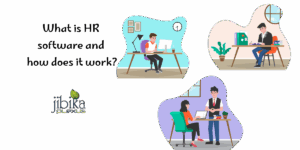Human Resource (HR) departments form the pillar of every company in the busy business world, where success depends on the seamless interaction of people and procedures. HR can be rather demanding.
Even the most seasoned HR professionals can feel like they are spinning plates among mountains of documentation, compliance issues, recruiting difficulties, and employee engagement problems. Then there is HR software, a contemporary fix meant to turn anarchy into clarity.
Have you ever asked, “What are the benefits of using HR software?” Let’s travel together through a day in the life of an HR professional who finds the power of this game-changing technology.
The Morning Rush: From anarchy to control
Here is Sarah, a mid-sized company HR manager. Sarah usually starts her day with a flood of emails about employee leave requests, payroll discrepancies, and onboarding plans. Then, she balances a dozen spreadsheets, sticky notes, and paper files before switching to HR software. But these days are different.
With her HR software dashboard open, Sarah can see everything in one spot. An employee’s request for leave is approved with a click. The system automatically calls out payroll variations. Boarding? She moves through the process guided by a simplified checklist without losing rhythm.
First benefit: Streamlined administrative work. HR systems track leave, handle payroll, and manage staff records—among other repetitive chores. This not only saves time but also lowers mistakes, which helps HR experts concentrate on more strategic projects.
Midmorning: Recruitment Made Easy
One of Sarah’s main difficulties used to be recruiting. Organizing hundreds of resumes, arranging interviews, and tracking candidate development proved a logistical nightmare. Her HR program now, however, includes recruiting tools.
Sarah distributes the listing across several job boards and uses AI to screen resumes based on predefined criteria by posting a job opening straight through the program. She has a shortlist of qualified applicants by midday and automated reminders to set up interviews.
Second benefit: Improved recruitment process. HR systems streamline recruiting by automating job announcements, resume screening, and interview scheduling. This guarantees that the top candidates don’t fall through the gaps and helps lower time-to-hire.
Afternoon: Encouraging staff involvement
Sarah notes that office staff morale seems poor after lunch. Rather than relying on speculation, she consults her HR program’s analytics dashboard. The system tracks trends in absenteeism and offers insights from employee surveys and engagement indicators.
Sarah starts an anonymous employee comments survey on the platform with this information. Within hours, she starts getting answers that point out areas needing development, such as flexible work schedules and more training opportunities. She immediately begins developing an action plan.
Third benefit: More employee engagement. HR systems let departments compile, examine, and act upon employee comments. Tools for recognition, performance monitoring, and pulse surveys help to create a good workplace and raise employee satisfaction.
Evening: Compliance free of Complications
Sarah gets a notice about an approaching compliance deadline as the day closes. In the past, this would have caused her to go crazy, rummaging through files to ensure every document was in order. However, compliance is no longer a cause of anxiety with HR software.
The system creates compliance reports, automatically monitors labor laws, and even offers warnings for approaching deadlines. Sarah reviews the report, verifies everything is in order, and leaves home on schedule.
Fourth Benefit: Improved compliance and reporting ability. HR systems enable companies to remain compliant with changing labor laws and rules. Audit trails, automated alarms, and thorough reporting guarantee that no important detail is missed.
The Greater View: Why HR Software Counts
One instance of how HR software might change daily operations for an HR professional is Sarah’s experience. Still, the advantages go much beyond specific chores. The following is a brief synopsis of the features HR systems offer:
- Efficiency: Automation lessens manual labor and frees time for strategic projects.
- Accuracy: In payroll, attendance tracking, compliance, and accuracy, reduce human mistakes.
- Data-Driven Decisions: Analytics and reporting offer pragmatic insights.
- Scalability: Expanding your company will meet the demands of an increasing staff.
- Employee Experience: Employee experience improves involvement and satisfaction using open communication and simplified procedures.
Ultimately, is HR software appropriate for your company?
Buying HR software enables your HR team to concentrate on what counts: people, not only following technology trends. The correct HR system can be a game-changer for big companies trying to increase employee engagement and small businesses trying to simplify payroll.
FAQ
Q) What is HR software?
Ans: HR software is a digital solution for automating and controlling several HR chores, including compliance, payroll, employee records, and recruiting.
Q) How can HR software improve efficiency in my organization?
Ans: HR software lowers manual labor by automating repetitive tasks and centralizing data, freeing HR teams to focus on strategic projects.
Q) Is HR software suitable for small businesses?
Ans: True! Many HR systems are scalable and fit small businesses’ specific needs.
Q) What features should I look for in HR software?
Ans: Among the key considerations are application tracking, payroll handling, performance monitoring, employee self-service, and compliance reporting.
Q) How does HR software enhance employee engagement?
Ans: HR systems support a good working environment by providing tools for performance assessments, feedback collection, and recognition programs.
Q) Can HR software help with compliance?
Ans: HR systems track labor laws and regulations to ensure ongoing compliance and provide automated alarms and reports.
Final Verdict
Thus, remember Sarah’s story the next time you find yourself buried in papers or having trouble relating to your staff. It’s about building a workplace where everyone succeeds, not only about saving time or lowering stress. And that is ultimately the main advantage of HR systems.
With this piece, I hope a technology-driven subject gains a human touch. It avoids the usual “pattern-like” feel by spinning a story and emphasizing practical uses. Tell me whether you want more content or further tweaks.
